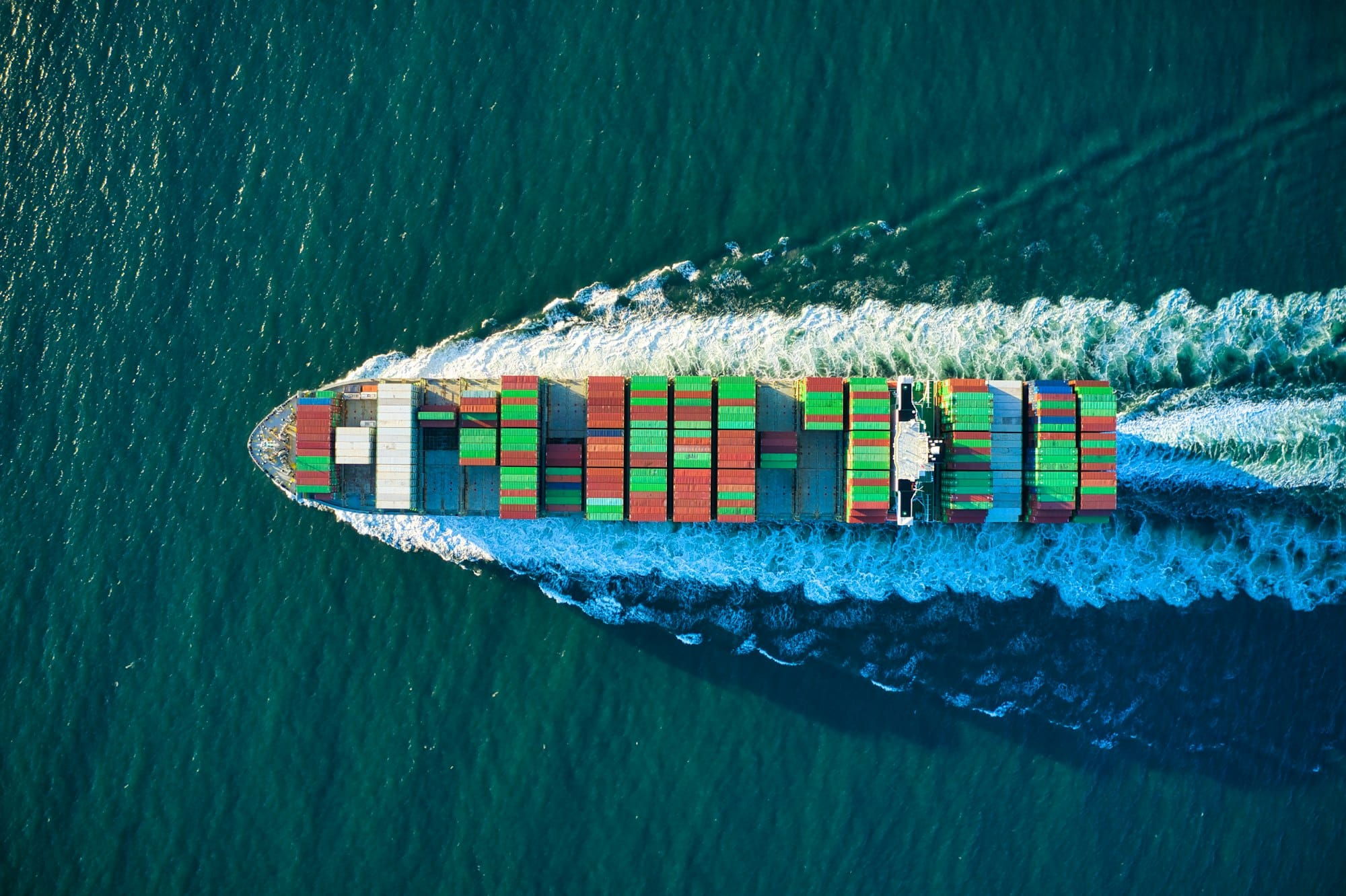Maersk Oil Fined RMB 1.3 Billion for Pre-Investment Activities Abroad

When a multinational oil company embarks on developing oil and gas assets overseas, significant preliminary research and groundwork must be conducted. If economically viable oil and gas reserves are identified, the company typically negotiates oil and gas exploration and development contracts with the host government or explores potential joint ventures with other oil and gas companies. Once the investment project is officially launched, the multinational oil company generally establishes a subsidiary or branch in the host country to hold the local oil and gas project and, in some cases, to manage operations (depending on whether the company acts as the operator).
In other words, the majority of pre-investment expenses for overseas projects are incurred in the company’s home country. Meanwhile, profits generated from overseas investments are taxed abroad and, in most cases, repatriated to the home country as dividends. Generally speaking, most home countries offer some degree of tax relief—or even full exemptions—on dividend income derived from overseas investments. In China, for instance, if the dividends have already been taxed at a rate exceeding 25% in the host country, no additional corporate income tax is levied in China. In essence, multinational oil and gas companies can fully deduct pre-investment expenses incurred in their home country, while the income derived from the corresponding investment may be partially or fully exempt from taxation.
However, the Danish Tax Authority has devised an effective way to tax pre-investment activities related to overseas investments!
On September 6, 2023, the Danish Supreme Court issued a ruling against Maersk Oil and Gas A/S (MOGAS)—now renamed TotalEnergies EP Denmark A/S—stating that pre-investment activities conducted by MOGAS from 2006 to 2008, prior to establishing subsidiaries in Algeria and Qatar, violated transfer pricing regulations. As a result, MOGAS was ordered to pay additional taxes amounting to 1.3 billion Danish Kroner (approximately RMB 1.34 billion).
This case is highly significant and warrants discussion. It highlights a broader issue that extends beyond the oil industry: many multinational companies conduct pre-investment activities in their home countries before venturing into overseas markets. If such activities are deemed to violate transfer pricing arrangements in their home countries, it raises the possibility that virtually all multinational companies’ overseas investments could face similar tax challenges!
It is worth noting that TotalEnergies acquired MOGAS’s parent company, A.P. Moeller-Maersk A/S (APMM), on August 21, 2017, for $7.45 billion (approximately RMB 54.3 billion). As such, the party that ultimately lost the case is now TotalEnergies, not Maersk. However, since the tax dispute predated the acquisition and Maersk had already paid the disputed taxes to the Danish Tax Authority prior to the sale of APMM, the ruling has no financial impact on TotalEnergies.
Sources and References
This article primarily draws from two key sources:
- The Danish Supreme Court’s ruling dated September 6, 2023 (Case Numbers BS-15265/2022-HJR and BS-16812/2022-HJR, referencing the English-translated version).
- KPMG’s analysis report, "The Danish Supreme Court’s ruling in the Maersk and Total case," published on September 19, 2023.

